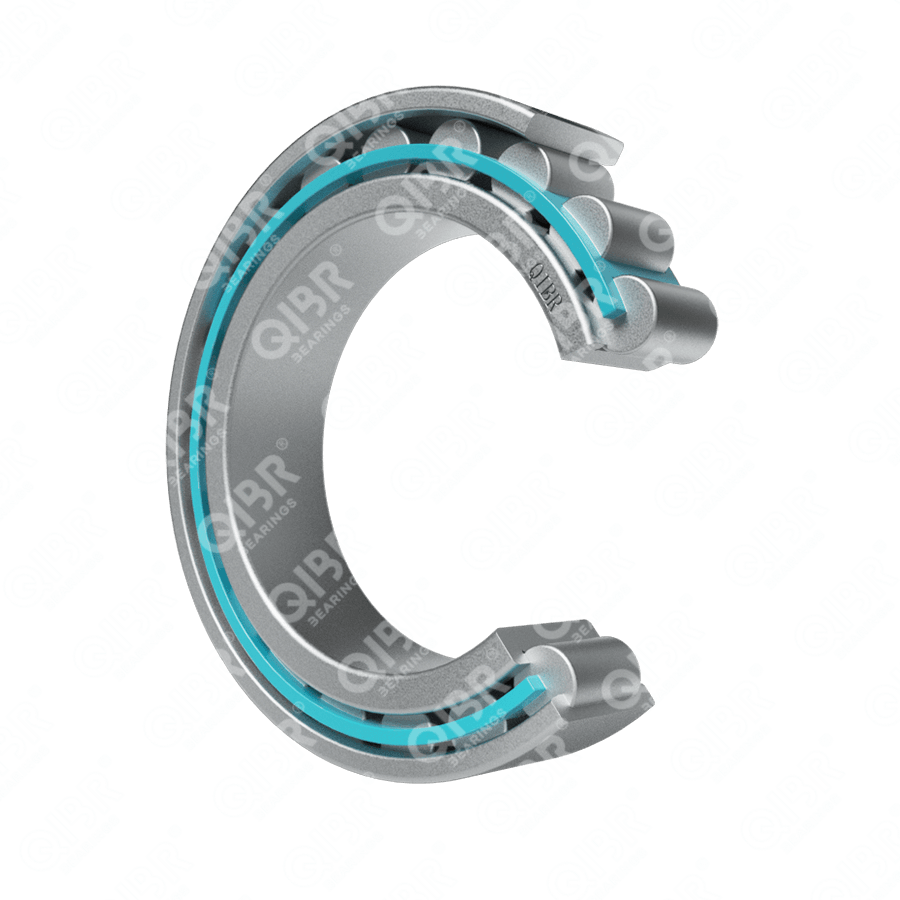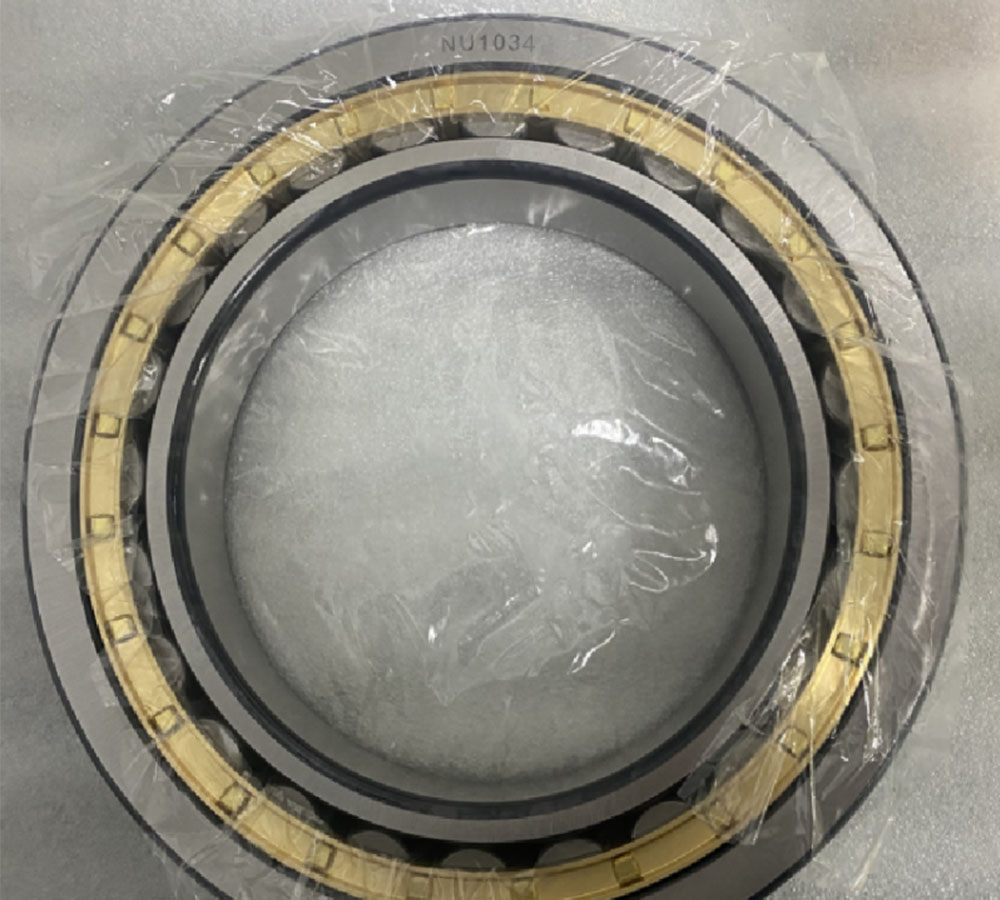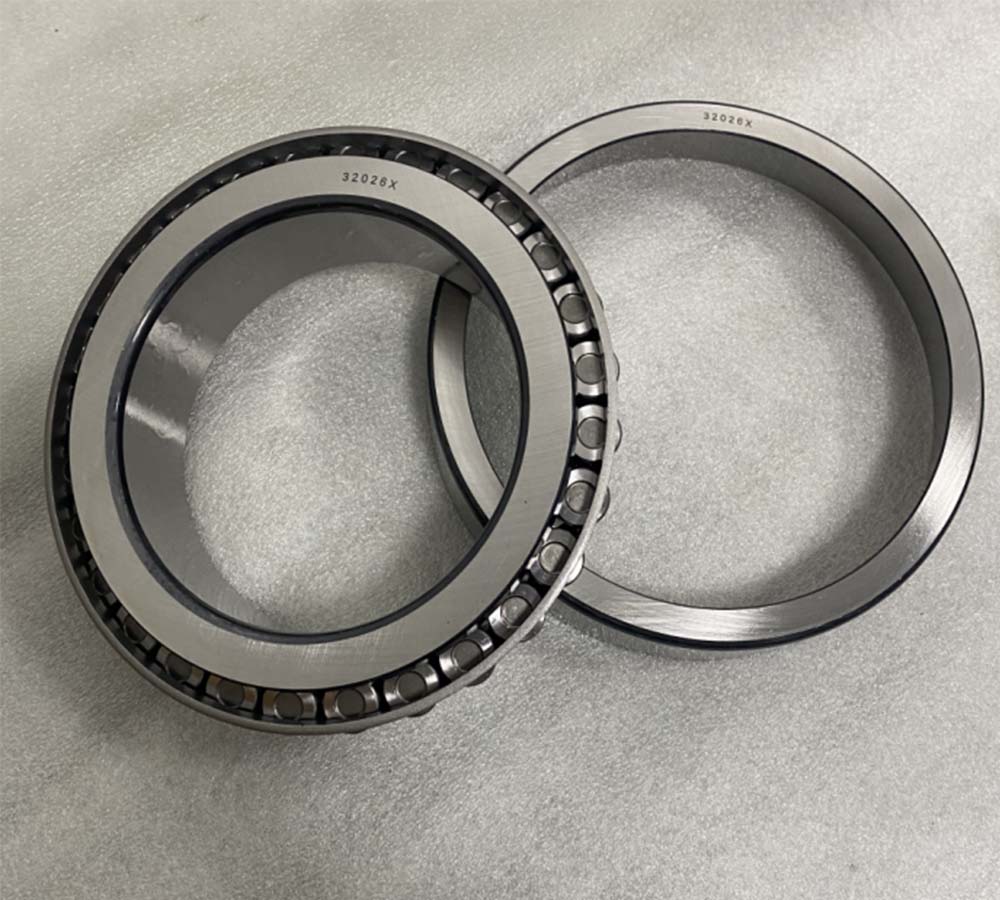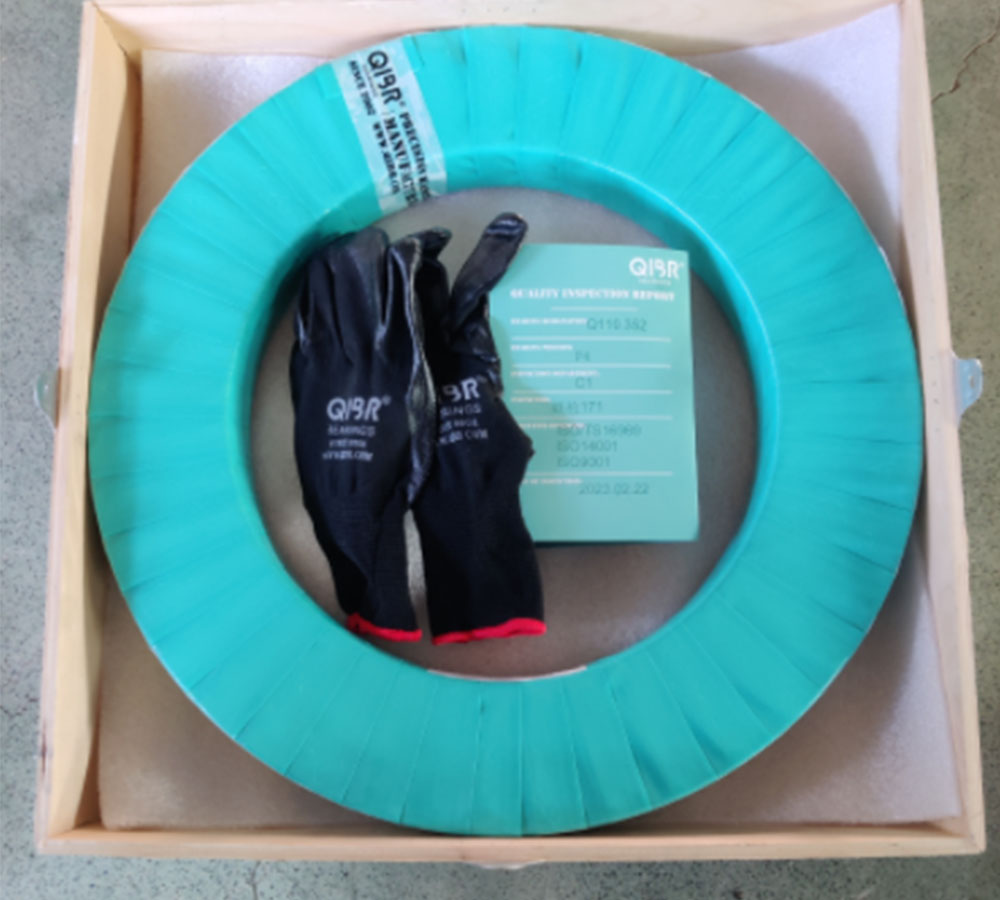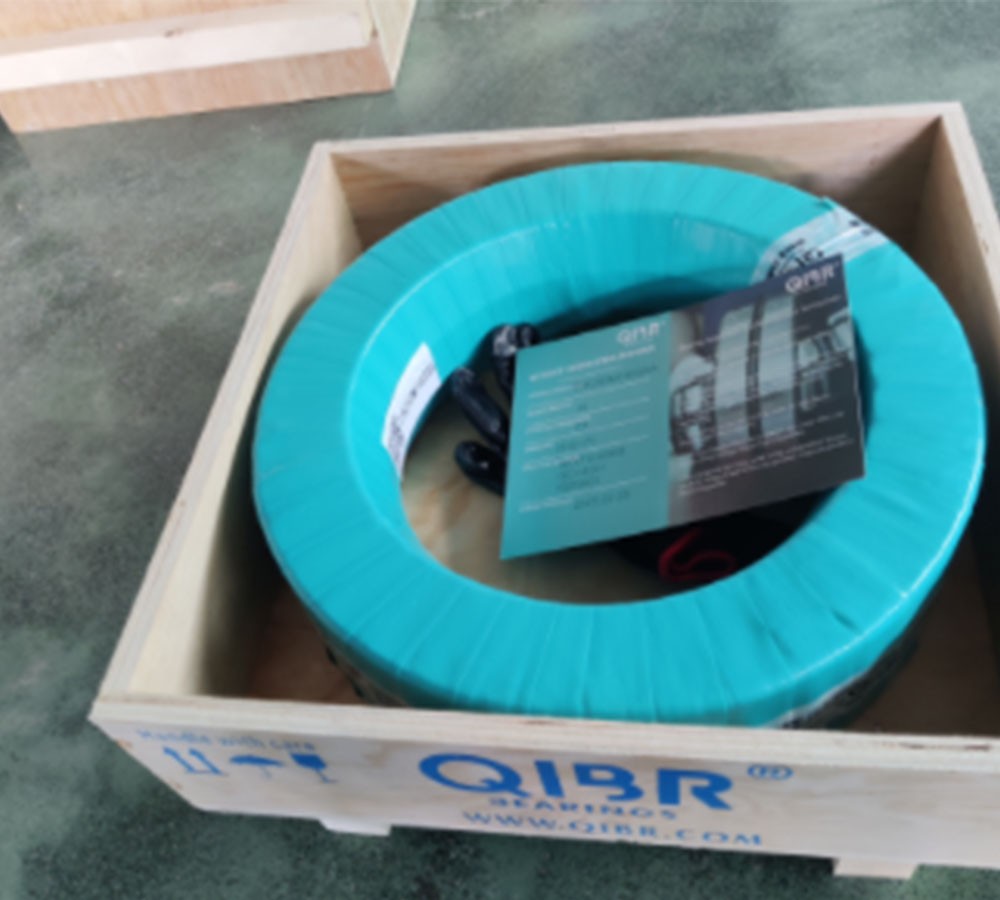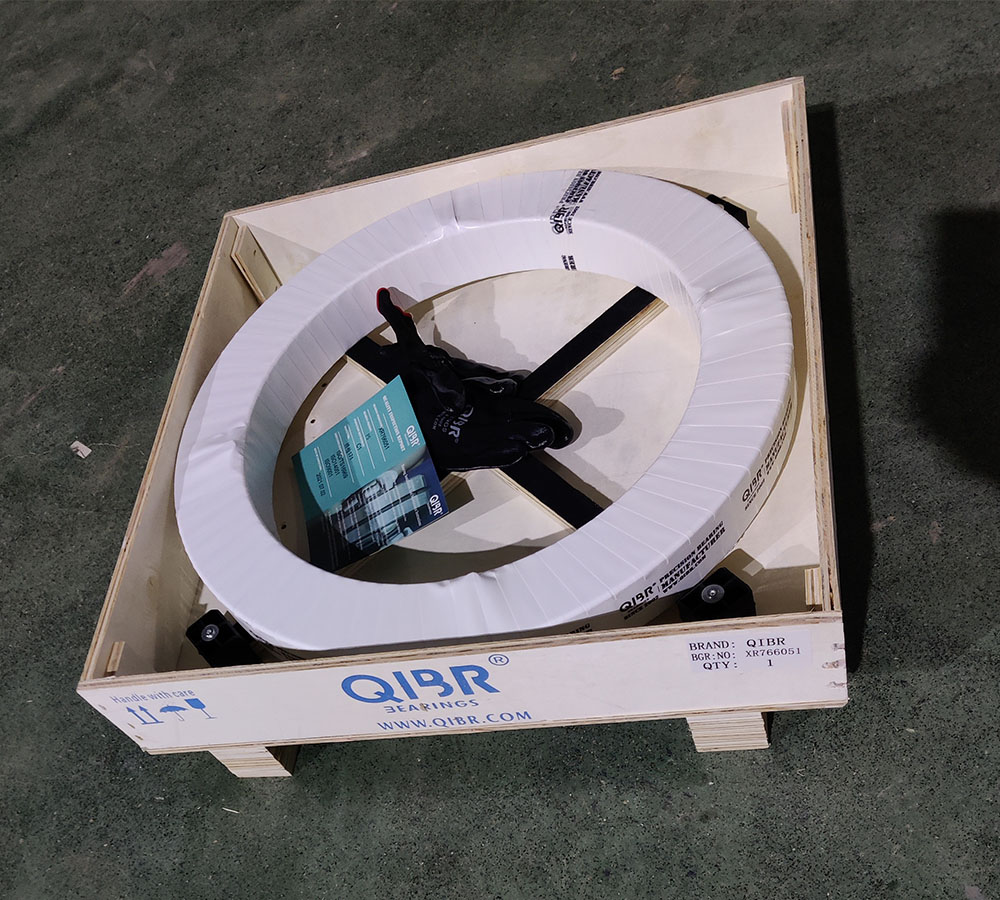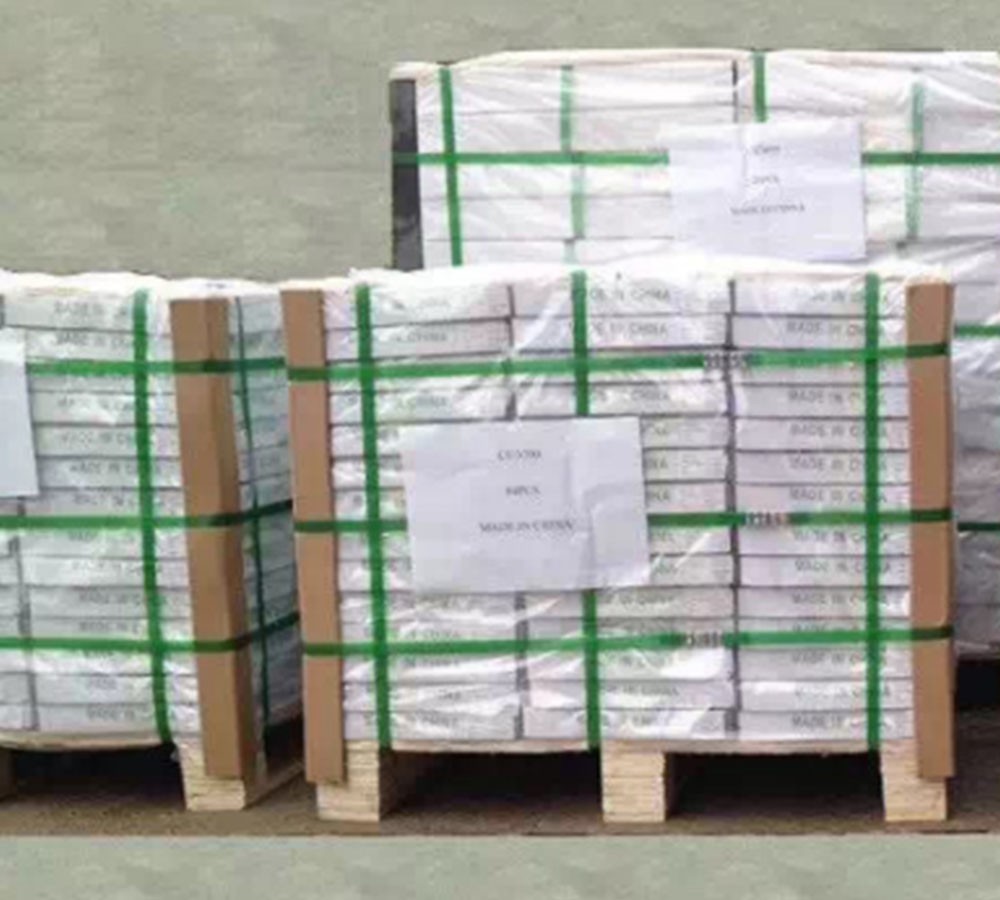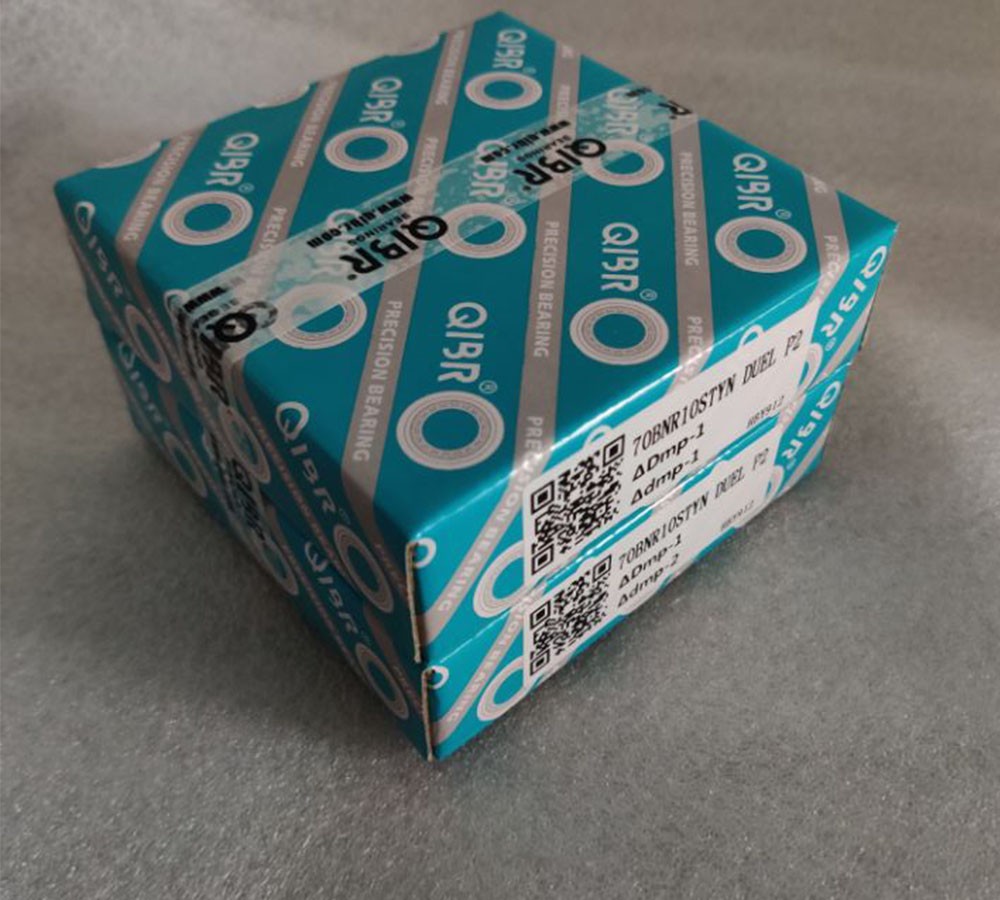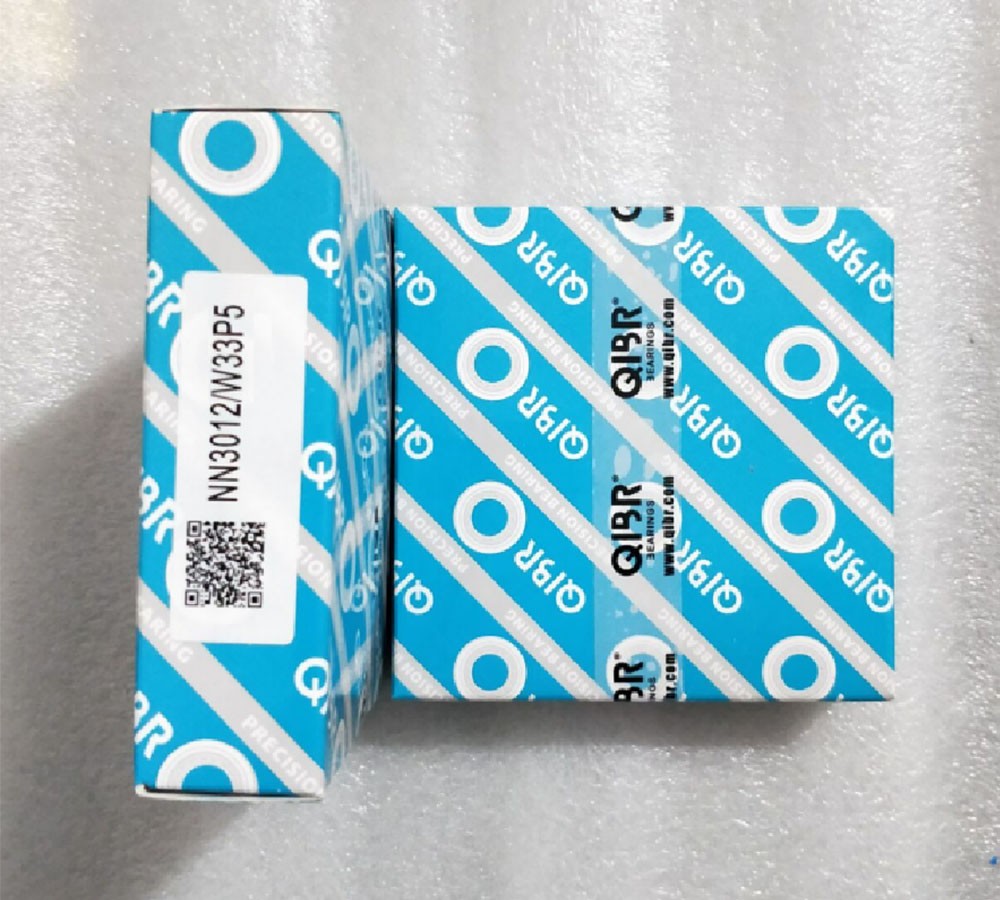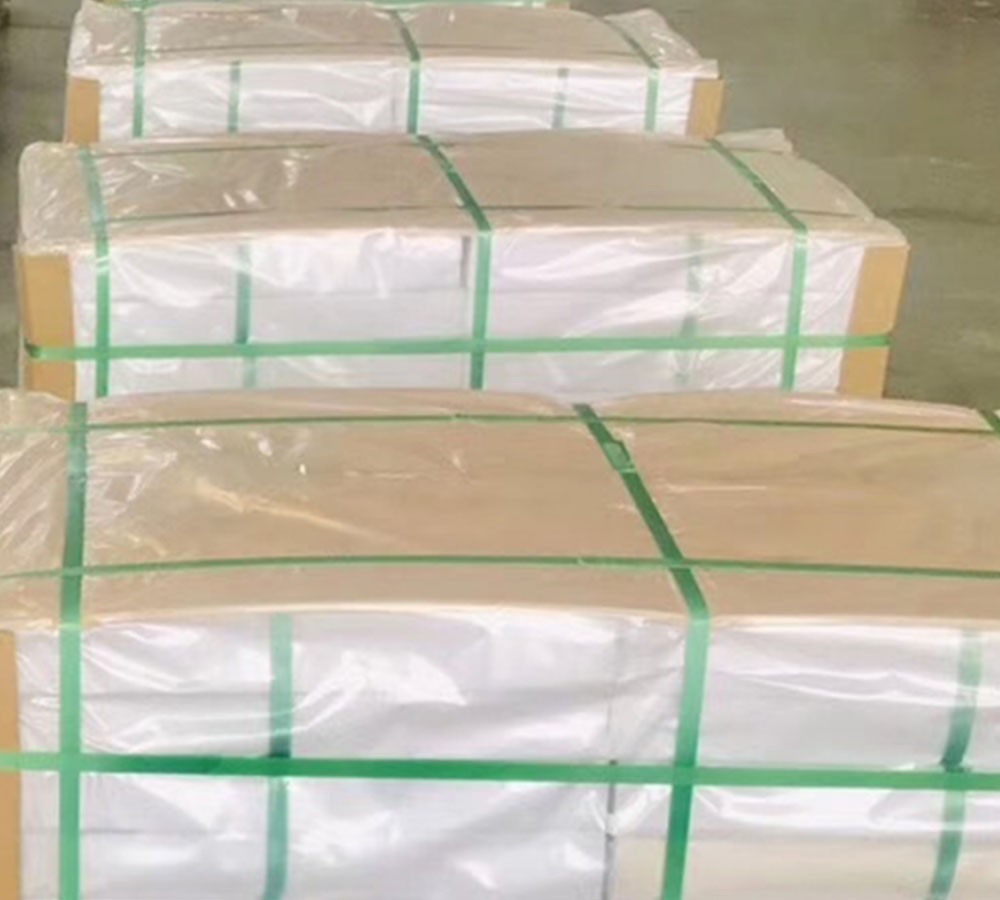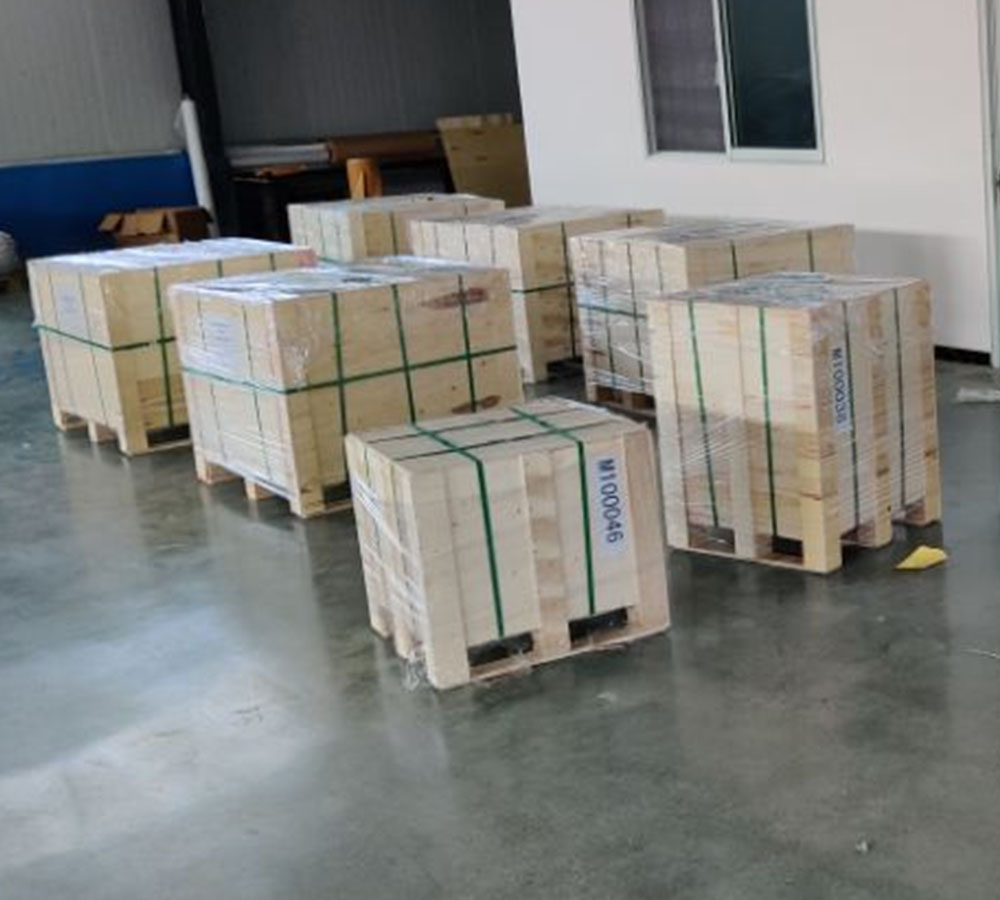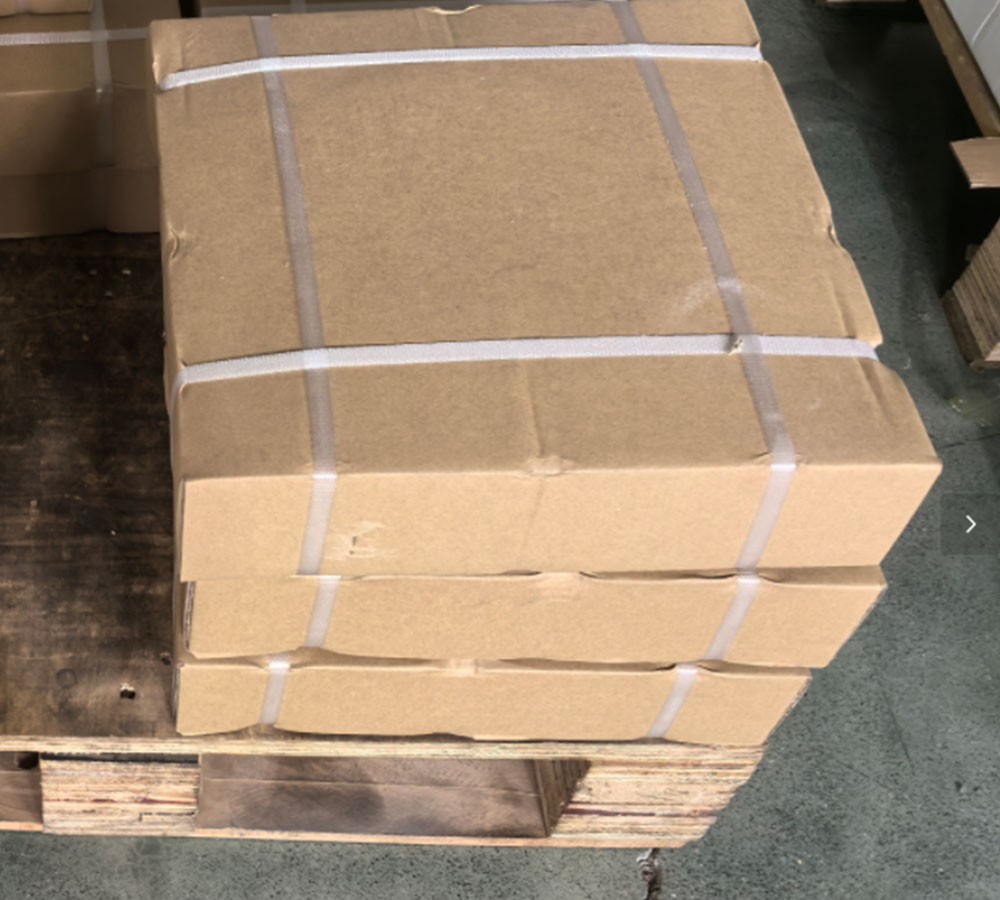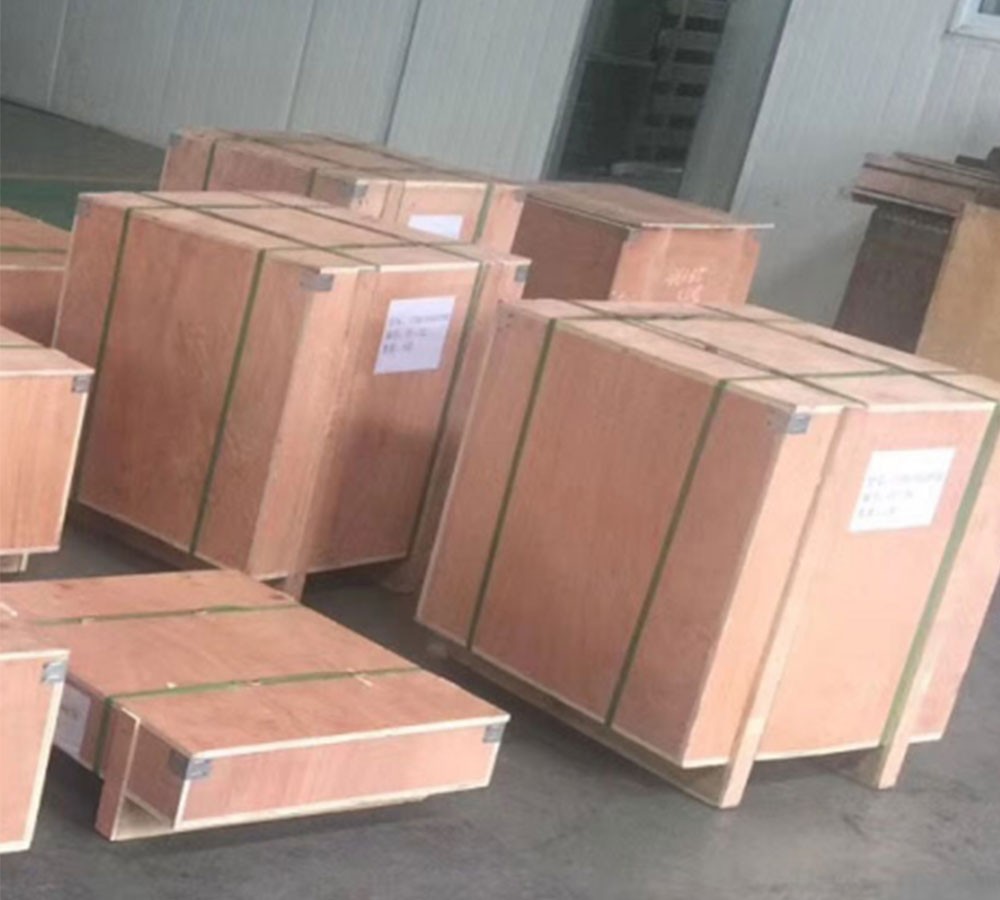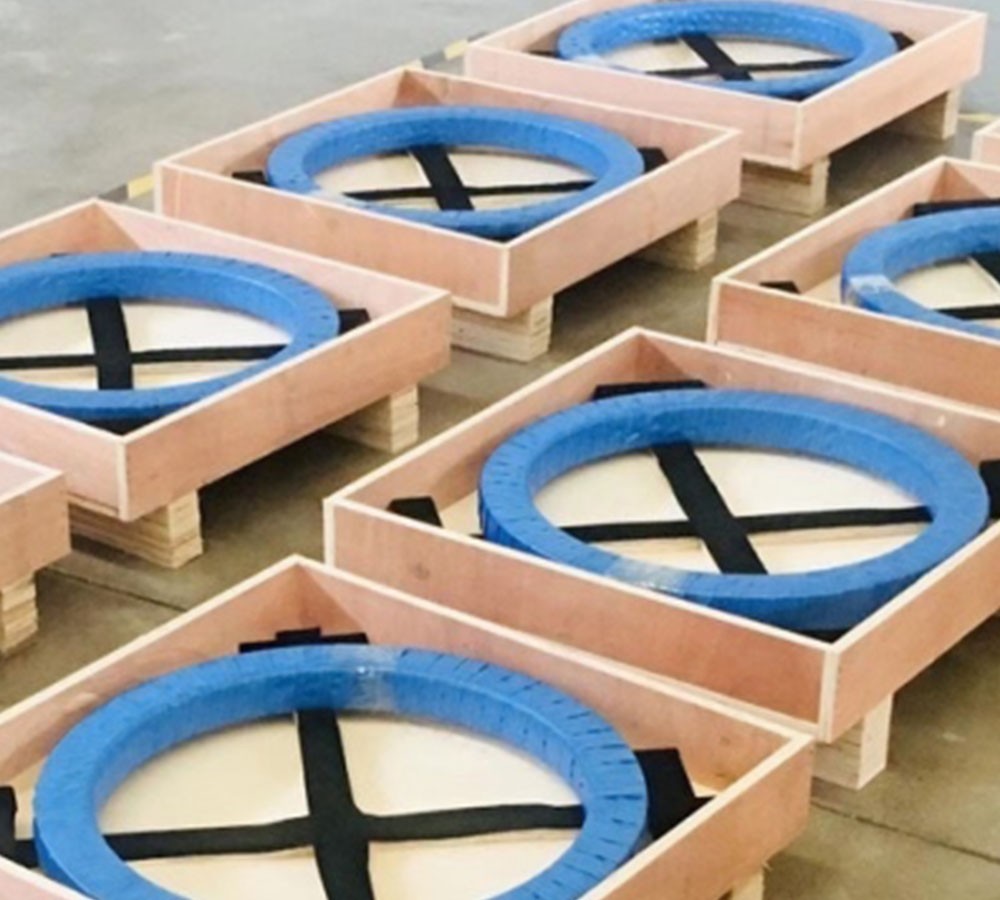QIBR delivered NU1034 cylindrical roller bearings and 32026X tapered roller bearings to a customer in Malaga, Spain, to enhance the safety and stability of railway freight car wheels.
- Continent
- Europe
- Country
- Spain
- Date
- 2016-03-26
- Categories
-
Tapered Roller Bearing
Cylindrical Roller Bearing
- Applications
- Railway Freight Car Wheels
Products Used
Cylindrical Roller Bearing
1. High Load Capacity: The cylindrical rolling elements provide a larger contact area compared to spherical rolling elements of the same size, enabling it to handle greater loads and better distribute forces, making it suitable for heavy-duty operations in railway freight cars.
2. Low Friction Coefficient: The design of the NU1034 minimizes friction resistance, which helps improve operational efficiency, reduce energy loss, and lower fuel consumption.
3. Strong Wear Resistance: Made from high-strength materials, the NU1034 offers excellent wear resistance, maintaining stability over long operational periods and extending service life.
Tapered Roller Bearing
1. Strong Combined Load Carrying Capacity: The roller design allows the 32026X to transmit both radial and axial loads on a single contact surface, enhancing its load-bearing capacity.
2. Impact Resistance: The line contact provides a larger contact area that helps disperse impact forces and reduce concentrated stress, ensuring stable operation during unexpected events in railway transport.
Additional Notes:
In seeking to enhance the safety and stability of railway freight car wheels, the Spanish client chose to procure QIBR’s NU1034 cylindrical roller bearings and 32026X tapered roller bearings. QIBR’s well-designed bearings can withstand significant axial and radial loads, offering high load capacity. They effectively prevent bearing failures due to excessive loads during heavy and high-speed operations, ensuring safe transport under various conditions. With strict quality control during manufacturing, QIBR's NU1034 and 32026X bearings demonstrate high wear resistance, corrosion resistance, and excellent thermal stability, exhibiting extremely low failure rates over long periods of operation, significantly reducing maintenance costs and downtime while enhancing overall operational efficiency.

